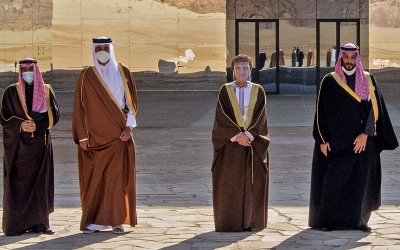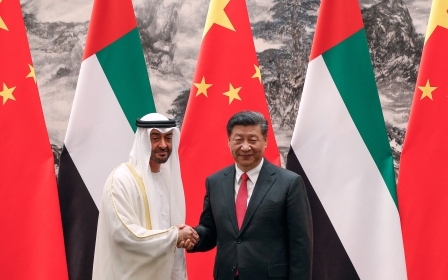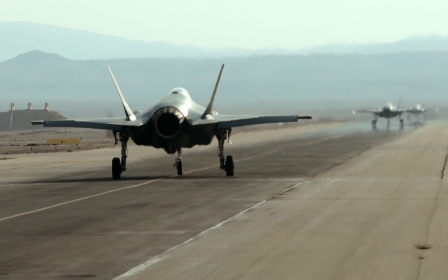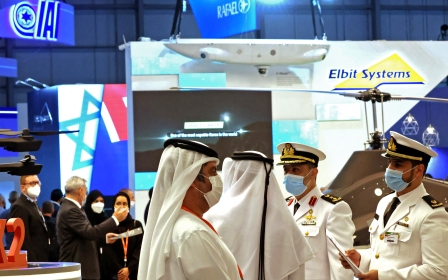UAE halts construction at Chinese port project near Abu Dhabi 'due to US pressure'
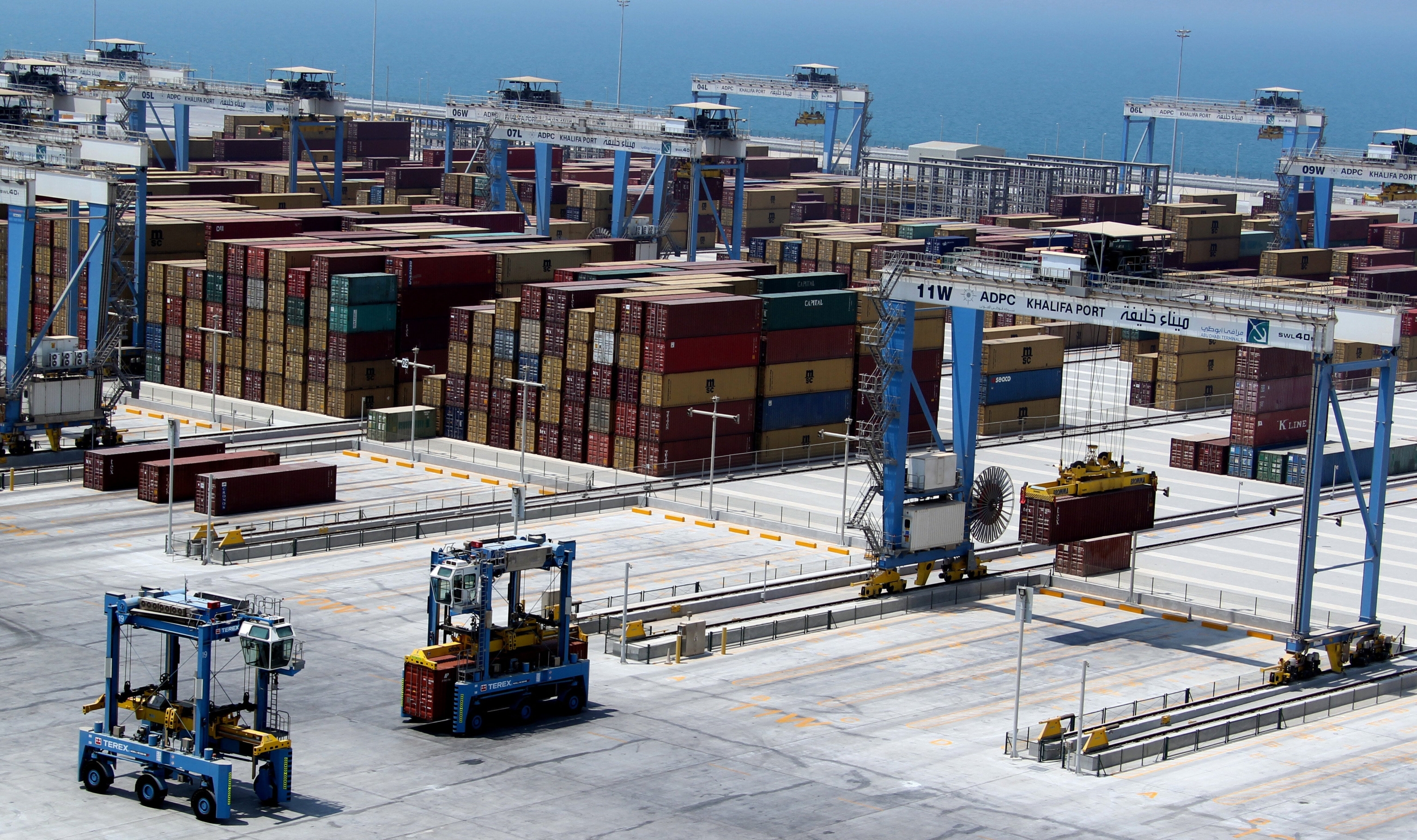
The United Arab Emirates ordered construction work at a Chinese port project near Abu Dhabi to be halted after US officials argued that Beijing intended to use the site for military purposes, a senior Emirati official has said.
Last month, the the Wall Street Journal reported that US intelligence agencies detected the excavation of a huge hole to accommodate a multi-storey building at Khalifa Port, which sits some 80km north of Abu Dhabi.
According to the Journal, the Biden administration then pressured the UAE to halt construction at the site over suspicions the work had potential military purposes.
In the first public remarks by a UAE official on the matter, Anwar Gargash, a diplomatic adviser to the country's leadership, told the Arab Gulf States Institute in Washington on Thursday that, following conversations with the White House, authorities "stopped work on the facilities".
"But our position remains the same, that the facilities were not military facilities," Gargash said, according to remarks published by the Journal.
New MEE newsletter: Jerusalem Dispatch
Sign up to get the latest insights and analysis on Israel-Palestine, alongside Turkey Unpacked and other MEE newsletters
"You hear the concerns of your ally and it would be foolish" not to take them into account, he said of the Biden administration.
The Journal reported last month that, after US intelligence agencies discovered the nature of the work at the site, a series of meetings and visits by US officials with their Emirati counterparts took place, with the White House warning that a Chinese military presence could threaten ties between the two longstanding allies.
Speaking at the same forum, Brett McGurk, the National Security Council's coordinator for the Middle East, didn't specifically address the controversy: "We have made our position very clear about the types of activities that would jeopardise our ability to do things that our partners want," referring to weapons sales and technology transfer to US regional allies.
"The Chinese sometimes will say hey, we are doing 'A', we want to help build a port, when in fact they're doing something quite different. And there's been a bit of an awakening to this I think all around the world, including in the Middle East region."
The Journal had claimed US President Joe Biden expressed concern about China's growing presence in the country during talks in May and August with Abu Dhabi Crown Prince Mohammed bin Zayed (MBZ).
In one talk, Biden reportedly told MBZ that the US feared China's activity could have a detrimental impact on their partnership. MBZ replied he had heard the US president "loud and clear".
China's embassy in Washington did not respond to requests for comment, the Journal said.
While the US is the largest arms supplier to the Middle East, with exports increasing by 28 percent between 2016 and 2020, China's economic influence has grown in the region largely due to investments and construction projects via its Belt and Road Initiative.
China has also billed itself as a partner for nearly every country in the region, pursuing infrastructure projects in Egypt and Saudi Arabia and developing strong ties with Iran.
Middle East Eye delivers independent and unrivalled coverage and analysis of the Middle East, North Africa and beyond. To learn more about republishing this content and the associated fees, please fill out this form. More about MEE can be found here.


